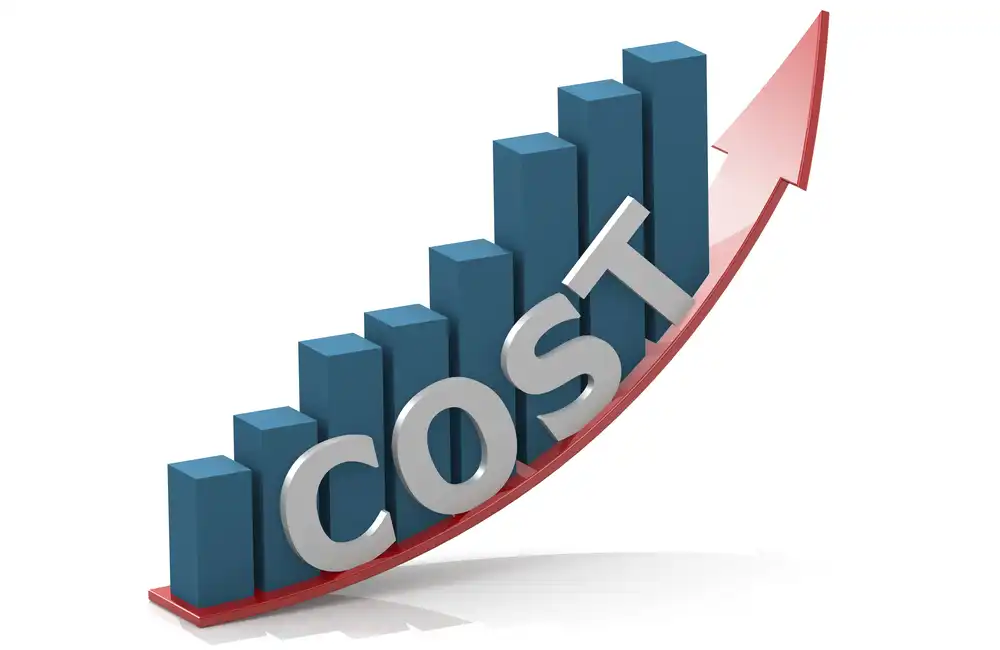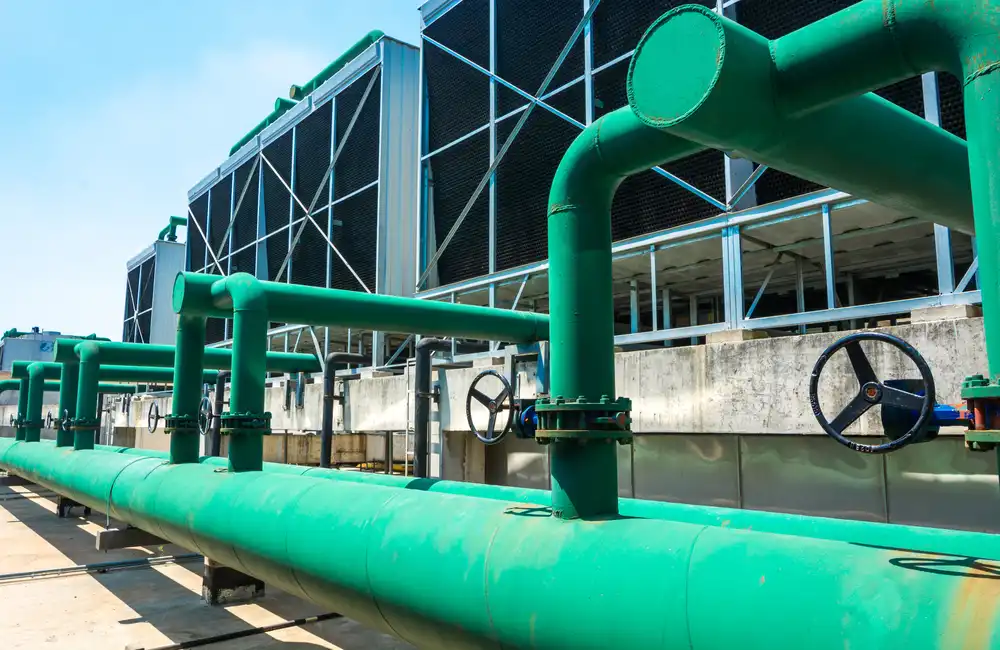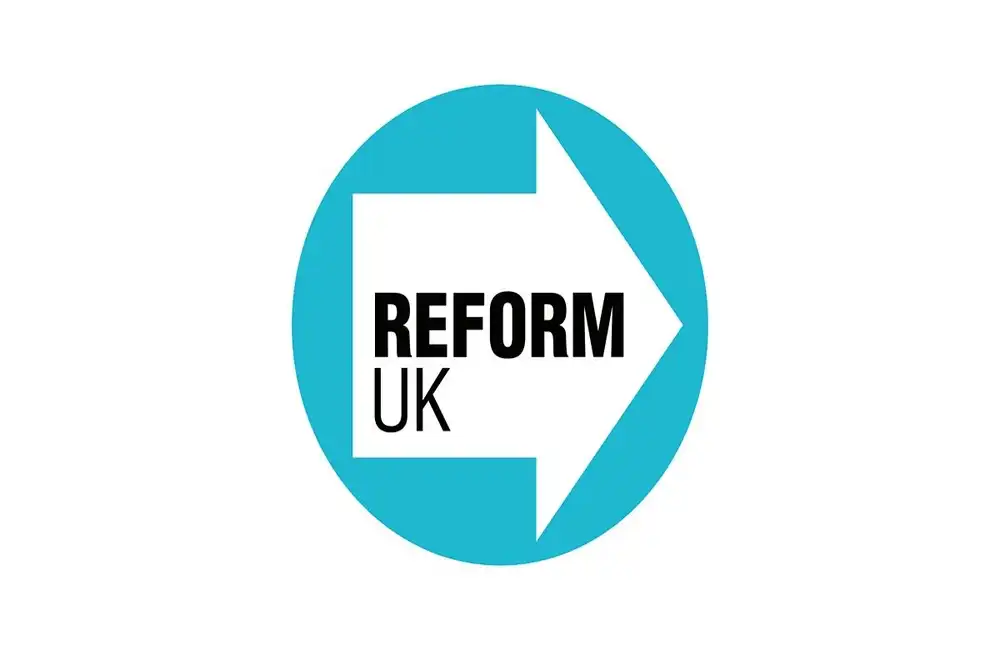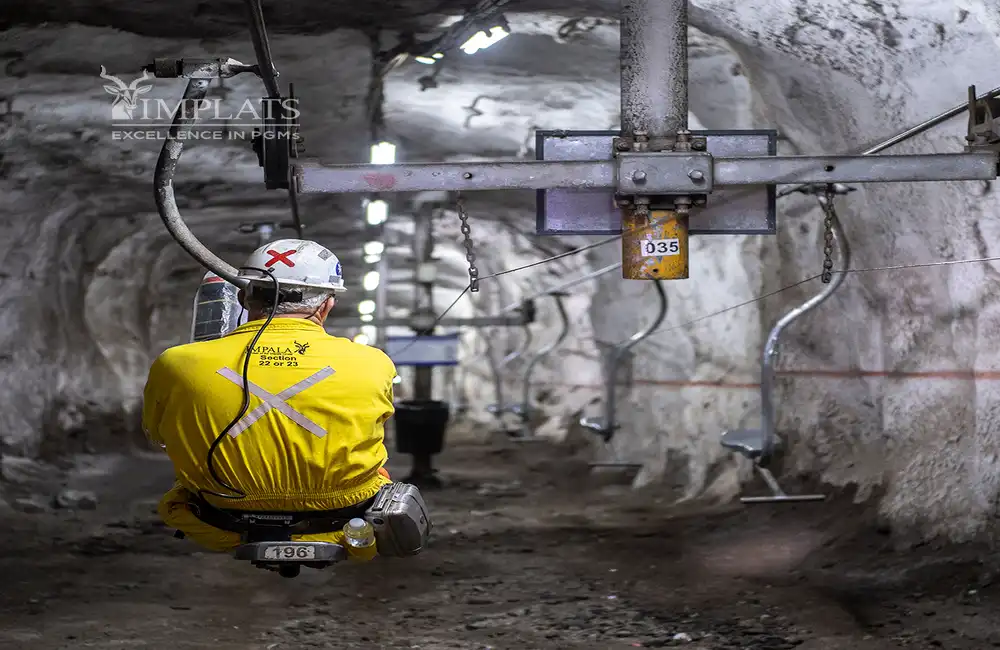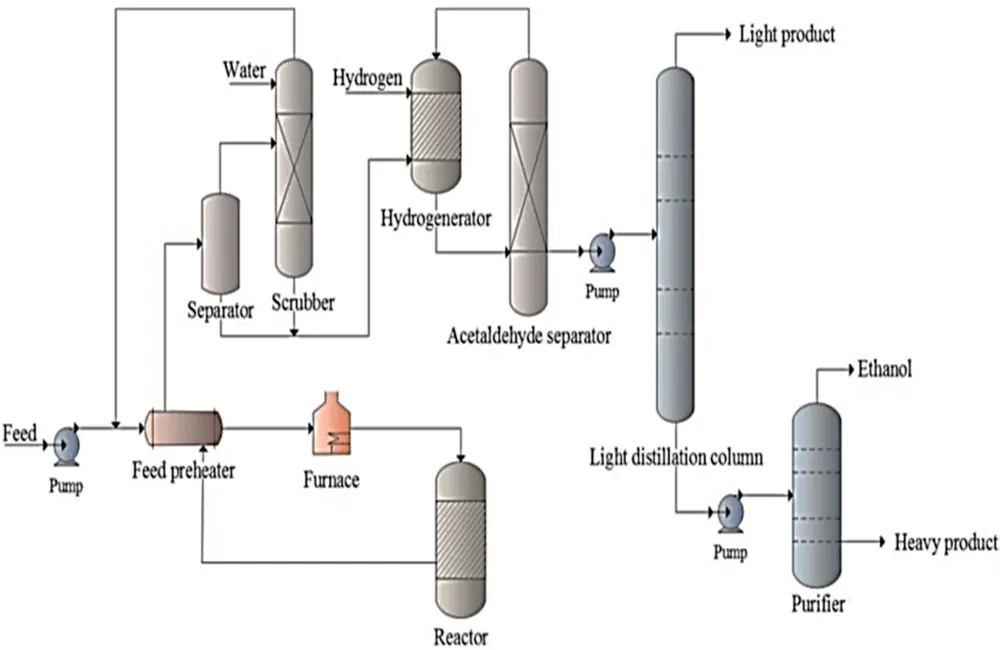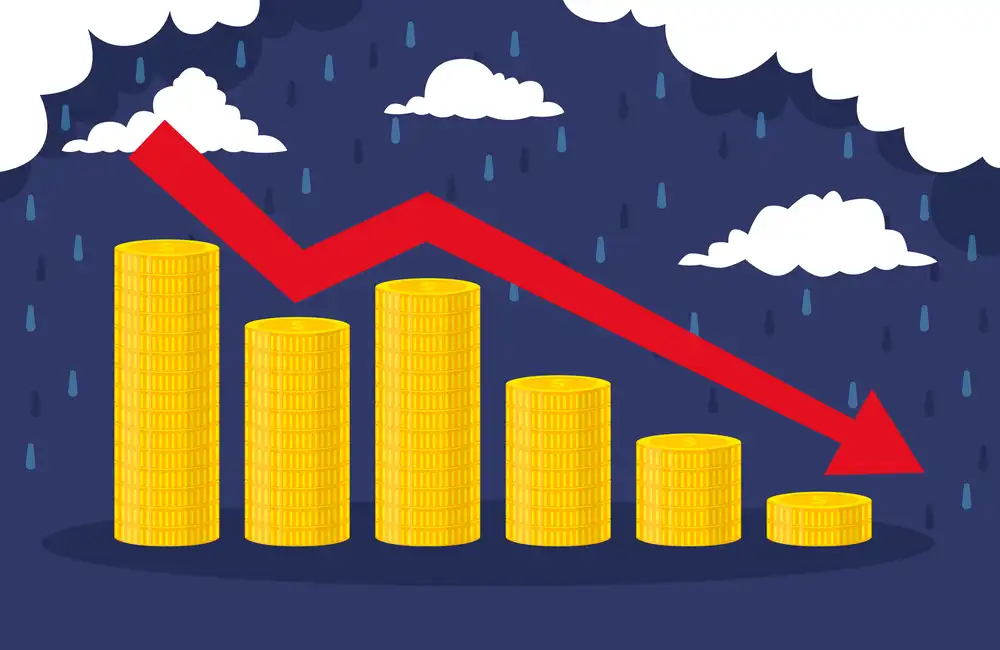While emissions reductions from electric vehicles is set to bring good reductions in the long-term future for US's carbon footprint, the long lead time and challenges to turning over the fleet require policymakers to also consider other solutions that complement EVs to decarbonize transportation by midcentury, an advocate for biofuels said Jan. 12.
“And that’s where agriculture comes into play, because with increased production and deployment of renewable fuels like ethanol, the agricultural sector provides a powerful and impactful solution for decarbonizing every segment of the transportation sector,” Renewable Fuels Association President and CEO Geoff Cooper said to members of the House Agriculture Committee during a hearing on EVs’ potential impact on rural America.
Committee Chair David Scott (D-Ga.) hailed the Biden administration’s attempt to spark electric vehicle investment and adoption. He charged his panel with making sure that “rural America is not left behind as they were left behind in the transition to electricity” (and plumbing and telephone service and broadband Internet), while also ensuring that farming and agriculture’s needs are more than adequately addressed during the transition away from petroleum-fueled vehicles.
Challenges and Considerations
The committee’s top Republican, Ranking Member Glenn Thompson of Pennsylvania, asked whether any potential global reductions in emissions from a national policy forcing drivers to adopt EVs would be significant enough to justify any potential disruptions to rural communities, the national security implications from a reliance on foreign countries for the raw materials needed to make EV batteries, and the cost of creating new charging infrastructure.
EVs Alone Are Not the Answer
The leading trade association for America’s ethanol industry took the position that EVs would play an important role in the country’s climate strategy “but, given the time necessary to convert the light-duty vehicle fleet, reliance on fossil fuels for electricity generation, the challenges of electrifying medium- and heavy-duty vehicles and other hurdles, electric vehicles alone will not take our transportation sector to net-zero emissions by 2050,” Cooper said.
With only 2.3 million of the more than 267 million light-duty vehicles on US roads being electric and Energy Information Administration projections suggesting that four of five new vehicles sold in 2050 will still run on internal combustion engines needing liquid fuels, he said, “it takes decades to turn over the fleet and that means hundreds of billions of gallons of liquid fuels will be burned for decades to come.”
Ethanol's Role in Reducing Emissions
The Department of Energy and researchers at Harvard University and other institutions have concluded that corn ethanol already reduces greenhouse gas emissions by 50 percent relative to gasoline, and the California Air Resources Board has certified some ethanol as 70 percent cleaner than gasoline. RFA members have committed to making corn ethanol a net-zero carbon footprint fuel by 2050 or sooner, as adoption of low-carbon farming practices and carbon capture technologies has risen.
Fairness and Consistency in Policy
Cooper said that a lack of fairness and consistency in measuring how much carbon different fuels and vehicles produce is hurting transportation policy decision-making. While regulators include emissions from the entire ethanol supply chain when calculating that fuel’s carbon footprint, they often ignore upstream emissions for the power generation and battery manufacturing that occur before EVs are even driven.
According to analysis conducted by RFA, Ford’s F-150 flexible fuel running on a blend of 85% ethanol and 15% gasoline will “emit far fewer greenhouse gases in its lifetime than a new Ford F-150 Lightning electric vehicle powered by fossil-generated electricity,” Cooper said in written testimony to lawmakers.
Expanding Ethanol Adoption
Ethanol is “available today to immediately spur decarbonization efforts, and the first step is putting more ethanol in the blend,” he said, referring to E15 and higher blends that haven't caught on in the way that E10, a 10% ethanol and 90% gasoline blend that is broadly accepted and available from retailers nationwide year-round.
Transitioning to E15 as the leading ethanol blend in the nation would lead to a drop in carbon emissions of around 18 million to 20 million metric tons per year, and E15 is already cleared for use in “virtually every car on the road today,” said Cooper. But a regulation barring retailers from selling E15 during the summer months in roughly two-thirds of the country has discouraged many retailers from carrying it.
The Supreme Court recently declined to consider a court order that overturned an EPA rule that had settled the issue. Cooper sponsored bills that have been introduced in both houses of Congress to remedy the situation and urged the Environmental Protection Agency to take action to address the issue.
Technology Neutral Policies
Cooper also called for increased forward investment in dispensers and storage tanks compatible with ethanol blends that enable additional retailers to offer the fuels and “allow consumers to capture the full benefits of low-carbon biofuels.” As much as a billion dollars in such funding is included in stalled Build Back Better legislation.
He also stressed that future decarbonization policies must be technology neutral and performance-based, aiming at reductions in GHG emissions and increases in fuel efficiency without prescribing the use of certain fuels and vehicles to reach those targets.
He highlighted RFA’s support for a national low-carbon fuel standard and for committee member Representative Cheri Bustos’ Next Generation Fuels Act. Cooper said the Illinois Democrat’s proposed legislation would set carbon performance and minimum octane standards for liquid fuels, yet not mandate which fuels are used.


